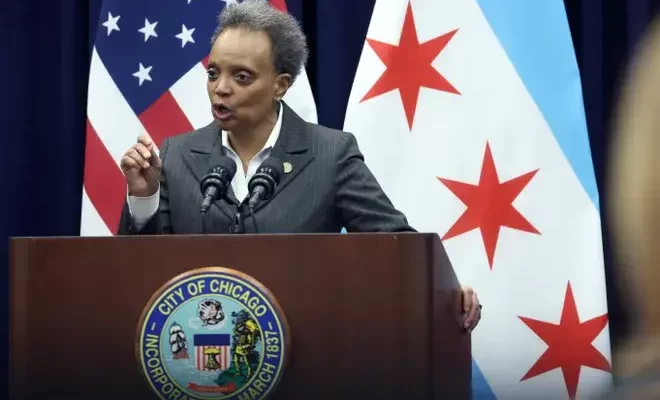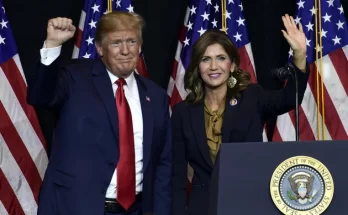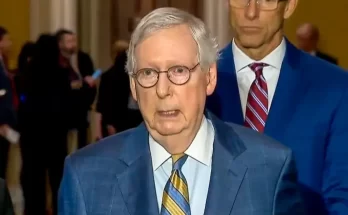After a widespread criticism of her divisive leadership and an increase in crime in Chicago, Lori Lightfoot lost her bid for a second term as mayor Tuesday. After none of the nine candidates won a majority in the officially nonpartisan election, Paul Vallas and Brandon Johnson will go to a runoff election on April 4.
Despite becoming Chicago’s first Black woman and first openly gay mayor in 2019, Lightfoot fell out of favor after the Coronavirus pandemic sparked a spike in crime.
In addition, she has received criticism for her handling of an 11-day teachers’ strike, the COVID-19 pandemic, and protests in the summer of 2020.
Despite tonight’s outcome, Lightfoot told supporters that being Chicago’s mayor was the honor of a lifetime. “Regardless of tonight’s outcome, we fought the right fights and we put this city on a better course,” Lightfoot said. Throughout the country, she encouraged her fellow mayors to be bold and not be afraid to do so.
A key issue in the local election in the Windy City has been public safety as policies on crime have gained increasing support from voters. Other local offices were also selected by residents, including representatives to the city’s new police district councils — the latest effort to strengthen police accountability and oversight.
Will there be a runoff on April 4?
Paul Vallas,69, is the former head of Chicago Public Schools and was endorsed by the Chicago police union and the Chicago Tribune Editorial Board. His campaign has focused on law-and-order, school choice, and reforming the city’s finances. He previously ran for Chicago mayor, governor, and lieutenant governor. He has been criticized as conservative for leading the Democratic stronghold, according to his opponents.
Brandon Johnson, Johnson, who is a former teacher as well as a union organizer, was recently elected to the Cook County Board of Commissioners. The Associated Press reported that his campaign was funded by at least $1 million from the Chicago Teachers Union and had support from other progressive groups such as United Working Families. Johnson believes that tackling crime requires increased investment in mental health care, education, employment opportunities and affordable housing rather than more money for the police; this stance led to accusations from competitors like Lightfoot that Johnson wished to defund law enforcement.
How do Chicago’s new police district councils work?
Additionally, residents voted for a new civilian police oversight model on Tuesday. Following the murder of George Floyd and subsequent racial justice protests in 2021, city leaders passed an ordinance creating two bodies aimed at improving community-police relations — a citywide commission and district councils.
In each of the city’s 22 police districts, voters elected three council members. At the district level, the councils are responsible for building stronger connections between the police and the community, holding monthly public meetings, and obtaining input from the community regarding police policies and practices.




